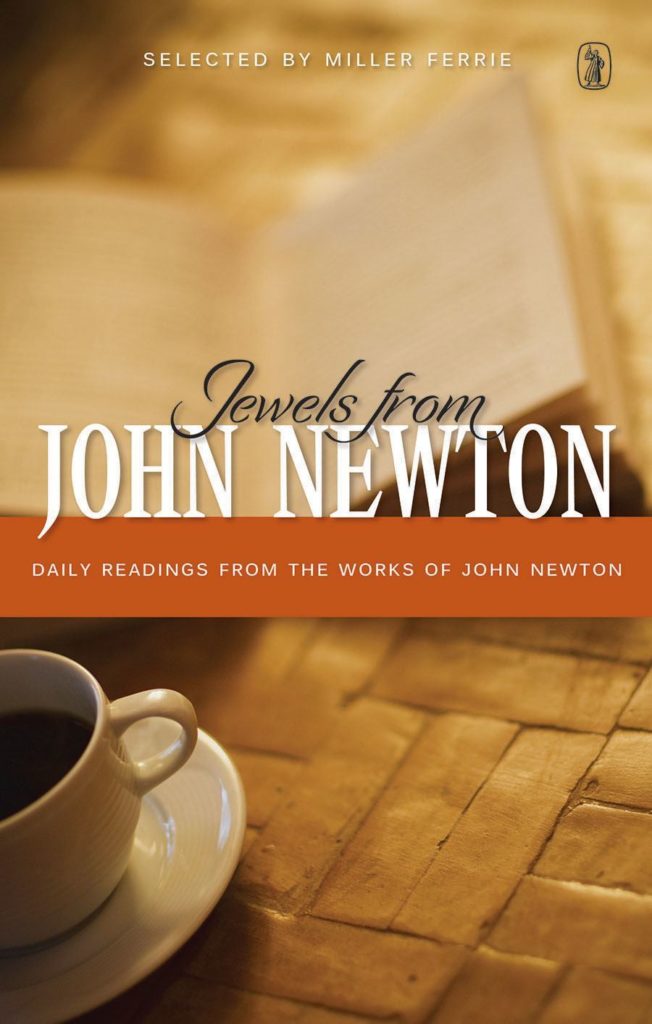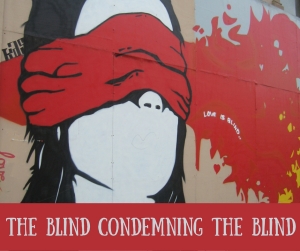Last year I purchased a devotional collection of the letters of John Newton from Banner of Truth. This book is a great introduction to one of Newton’s most valuable contributions to the church. And each selection is just one page. He has a heart warming, though rambling style and a powerful way of expressing the truth.
This morning I read the entry for February 26th and felt its relevance to our current moment. He had read a book of history and was explaining how it shows God’s purposes through both good and evil. His explanation practical to our own troubled times. The news is full of chaos and disaster. What can steady our hearts? God is at work in mysterious ways.
“I have lately read Robertson‘s history of Charles V, which, like most other histories, I consider as a comment upon those passages of scripture which teach us the depravity of man, the deceitfulness of the heart, the ruinous effects of sin, and the powerful, the secret, rule of divine providence, moving, directing, controlling the designs and actions of men, with an unerring hand, to the accomplishment of his own purposes, both of mercy and judgment.
“Without the clue and the light which the word of God affords, the history of mankind, of any, of every age, only presents to view a labyrinth and chaos; a detail of wickedness and misery to make us tremble; and a confused jumble of interfering incidents, as destitute of stability, connection, or order, as the clouds which fly over our heads… But with the scripture key, all this plane, all is instructive. Then I see, verily there is a God, who governs the earth, who pours contempt upon princes, takes the wise in their own craftiness, overrules the wrath and pride of man to bring his own designs to pass, and restrains all that is not necessary to that end; blasting the best concerted enterprise is at one time, by means apparently slight, and altogether unexpected, and another times producing the most important events from instruments and circumstances which are at first thought to feeble and trivial to deserve notice… What an empty phantom do the great men of the world pursue while they wage war with the peace of mankind, and butcher (in the course of their lives) perhaps hundreds of thousands, to maintain the shadow of authority over distant nations, whom they can reach with no other influence than that of oppression and devastation!
“But though the effects of this principle of self are more extensive and calamitous in proportion as those who are governed by it are more elevated, the principal itself is deep-rooted in every heart, and is the spring of every action, till Grace infuses a new principal, and self, like Dagon, falls before the Lord of hosts.”
Miller, Ferrie. Jewels from John Newton. 1st ed., Banner of Truth, 1992. p. 403.







